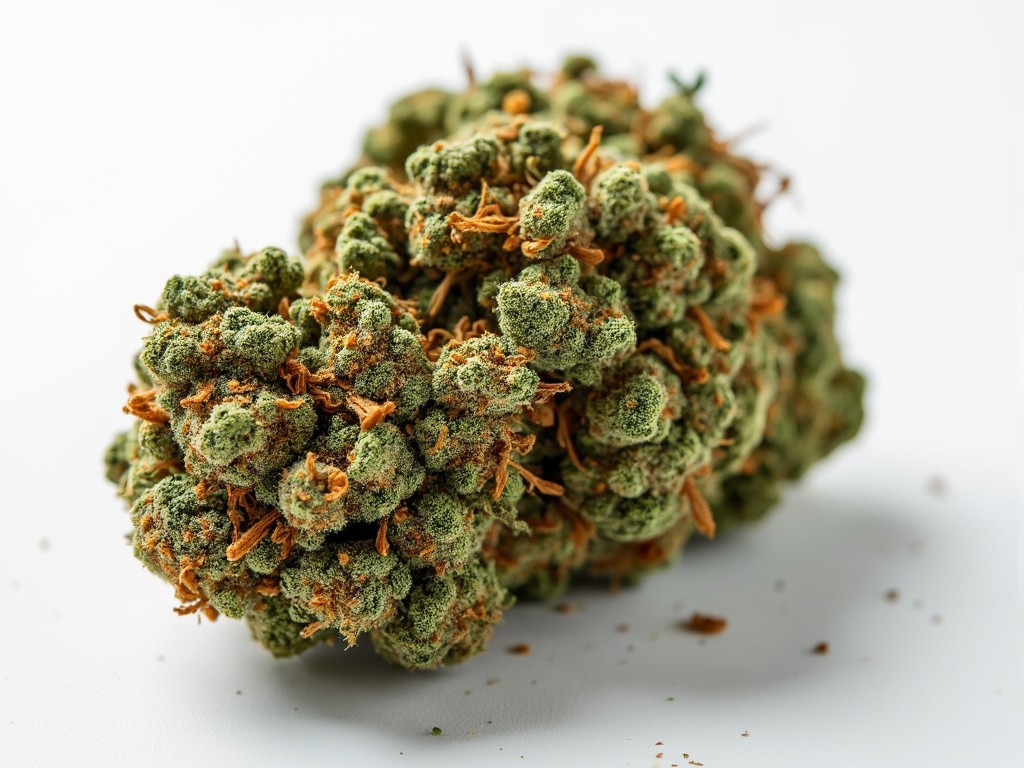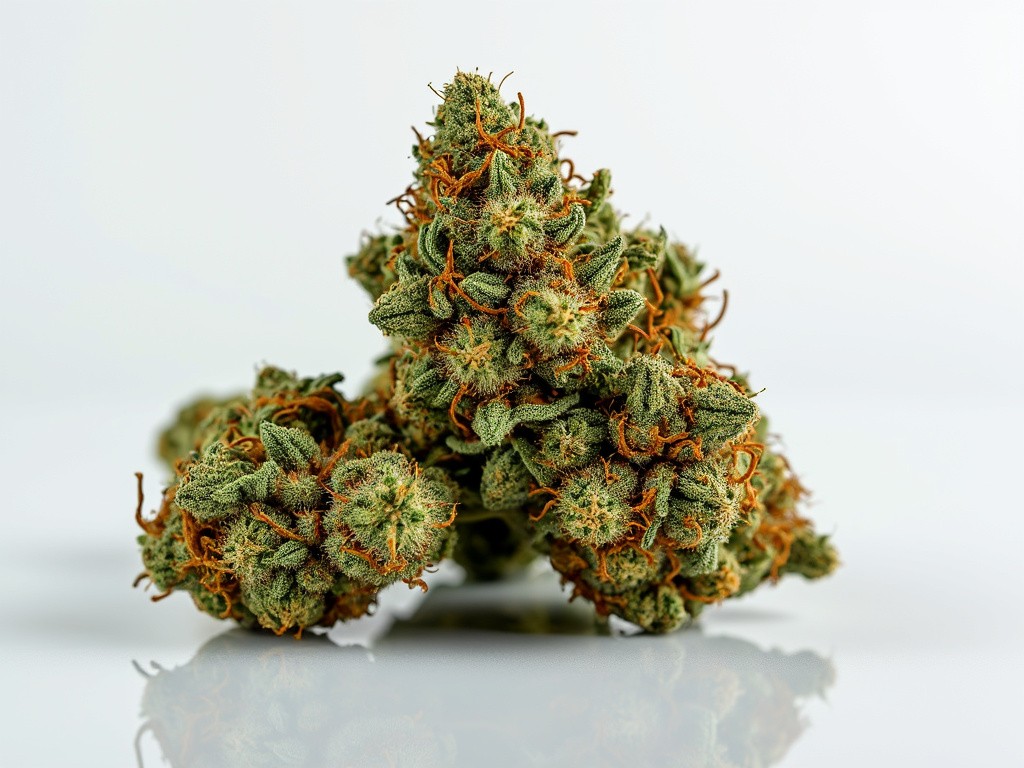Living in our nation’s capital comes with many perks, and...
Home » Cannabis Strains » Grape Ape



The terpene profile of Grape Ape is responsible for its effects and flavors. The main terpenes include:

Living in our nation’s capital comes with many perks, and...
Washington State is famous for its apples, coffee, and beautiful...
Maine is known for its beautiful rocky coastlines and its...


Connect with a medical marijuana doctor online within minutes with CertaMD and qualify for your medical card. Obtain your cannabis certificate or recommendation instantly via telehealth!

Navigate
Legal
Our Top States
Recommendations with love ❤️
©2025 All Rights Reserved. CertaMd.com
CertaMD does not sell medicines or controlled substances. We are a network of doctors and nurse practitioners, not a dispensary.
Get medical marijuana card evaluations with instant approval, available 24/7 across all U.S. states where cannabis is legal.
CLICK HERE TO BOOK AN ONLINE APPOINTMENT NOW